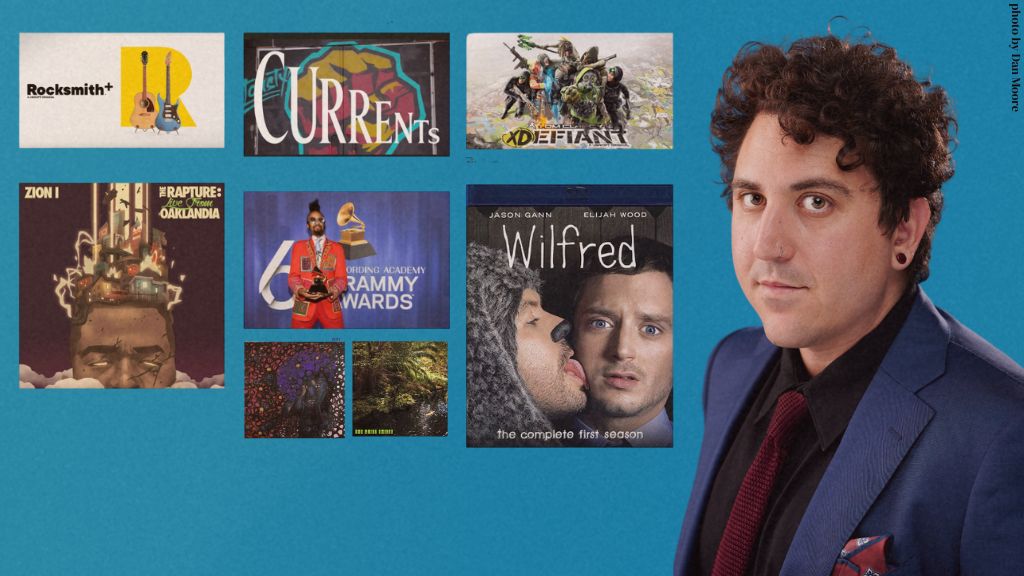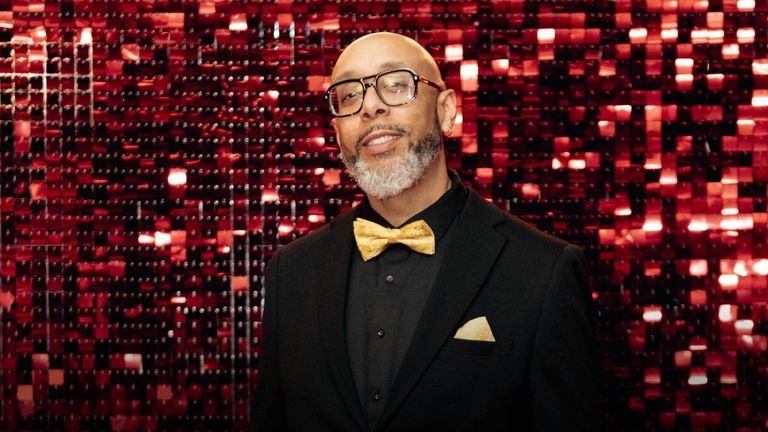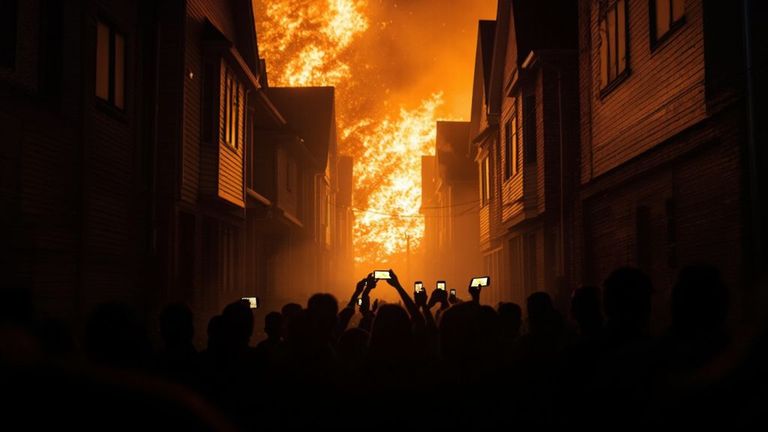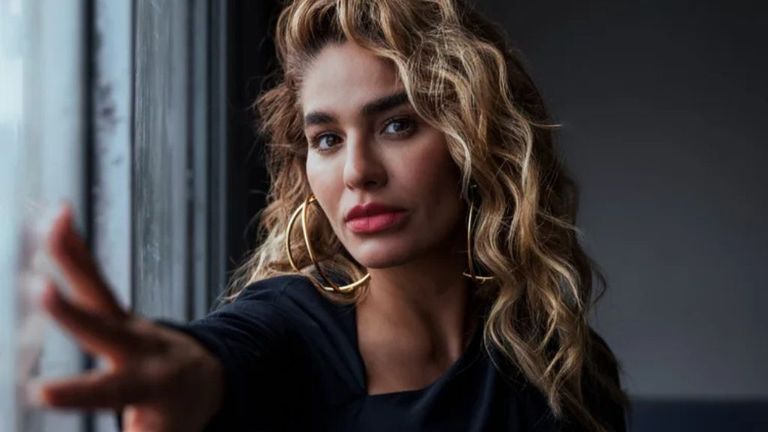A conversation with Andrew Levin

Bay Area born, Oakland dwelling guitarist, songwriter, and producer Andrew Levin is always on the move. After graduating from USC’s Studio/Jazz Guitar program with full scholarship, Levin became a first-call session guitarist in the Bay Area, playing with GRAMMY® Award-winning Fantastic Negrito, the San Francisco Symphony, hip hop project Zion I, rapper Lyrics Born, and music director Rickey Minor (American Idol, The Tonight Show with Jay Leno, Alicia Keys). Levin has opened for notable artists such as Sting, Robert Plant, Mavis Staples, Third Eye Blind, and Lauryn Hill. He also creates music for Ubisoft videogames such as Rocksmith, which led to him becoming a Professor of Sound Design at the San Francisco Conservatory of Music.
Where can we find you right now and what are you up to?
Well you can easily find me on them internets- ya know Instagram, Soundcloud, all those places. I’ll be touring for the next few weeks with Fantastic Negrito, so I’ll be running around, and then I’ll mainly be back at my studio in Oakland, CA.

How did you first get involved with the Rocksmith video game, and what was your role in its development?
I first started on Rocksmith 2014 as a Notetracker- basically transcribing guitar parts, putting them in the game, and making sure that all those notes and music is implemented. I did that for about a year and a half before I started working as a Sound Designer and Composer. I did a bunch of the sound design and composition for the game Rocksmith+. I wrote a lot of the background music in the different screens, did most of the UI sound FX, and produced/mixed much of the lessons and mini game stuff. They’ve since added a ton of new stuff as I’ve moved onto other games.
Can you describe your creative process when developing music and sounds for video games like XDefiant?
That’s a great question and is so dependent on the situation. I think the main thing when creating for a huge thing like a AAA video game that can have hundreds or thousands of people working on it at a time is realizing that the game is bigger than you are. So the most important thing for me when working on a game is understanding, really understanding, what the intention for a given sound or song is before I get started on it. Once I understand the intention, I’ll usually come up with a little sound palette of sounds that fit with what I’m working with. For example, on XDefiant I work with a lot of the UI sounds which is much more conceptual that say, environment sound design in which you are representing a physical thing on the screen. So what does leveling up sound like? What sounds might represent that feeling while still keeping it in the world of whatever game I’m working on?

As a Professor of Sound Design at the San Francisco Conservatory of Music, how would you define success?
There are infinite ways to define success. If you are able to pay your bills doing something you enjoy, especially if that thing is something creative, you are doing great. Being creative is a luxury, especially doing it for a living. I think a lot of people, especially when they are young and in school, have unrealistically lofty expectations for where their music will take them, and when they don’t reach those one-in-a-million goals (like getting millions of streams, Grammys, etc) they beat themselves up and aren’t able to enjoy their lives to the fullest. I’ve certainly been there, as there is immense pressure in the music industry for this to be the ultimate expression of what you should want. Lofty goals are great, but I think that it’s so important to be able to enjoy your life and view your life as successful whether or not you are making 100% of your living off of things that align with exactly what you’d like to do artistically. As long as you’re making a living and not selling your soul, you’re successful in my eyes!
What advice do you give to students who are interested in pursuing a career in sound design or music production?
It’s an incredibly long and difficult road, and I think anyone who sticks with a music career long-term has to be a little crazy haha. I think my advice would just to be to try as many things as possible and see what sticks- not to be too rigid about what you are doing. Your career may stay in music but end up somewhere totally different than where you started. You may have always wanted to be a recording engineer but turned out a singer. Or maybe you studied to be a violinist but you end up being a manager. It’s all great.
Or- do the complete opposite of what I’m saying and commit 100% to a niche. It will be much harder, but that is the other approach and may be more satisfying. That said, if you are 100% committing to one thing and not being as fluid with your career, it may take a lot longer to make that actually pay your bills.

What is a typical day in your life as an artist?
It is really dependent on what I’m working on. When I’m not touring or playing tons of shows, I usually wake up at 8am, go on a walk, then go into my studio to work until 5 or 6pm. Then I’ll either work on my own music until 10 or 11, or go play music with other people. When I’m touring or gigging a lot, Pretty much every waking moment I’m either making music or in transit to go make music. It’s a ton of work but usually worth it.
What do you think of AI in music?
I think AI could be a really great tool for creativity, but I’m really concerned about its potential to rip off artists. We need to be incredibly judicious about intellectual property. Using a a song to train an AI model should be treated the same as using a song to do anything else. I’m mainly concerned with large catalog sales of songs to AI services. Hopefully AI will aid in the creative process rather than putting artists out of work.
Tell us about your latest or upcoming release.
Alone, In a Room, With Hope is a collection of 5 songs that I produced at my apartment. It’s an experimental alternative rock album with elements from many styles of music. I played most of the instruments and mixed it. I love music that makes you think a little differently about things, so hopefully this album accomplishes that at least a little bit!



